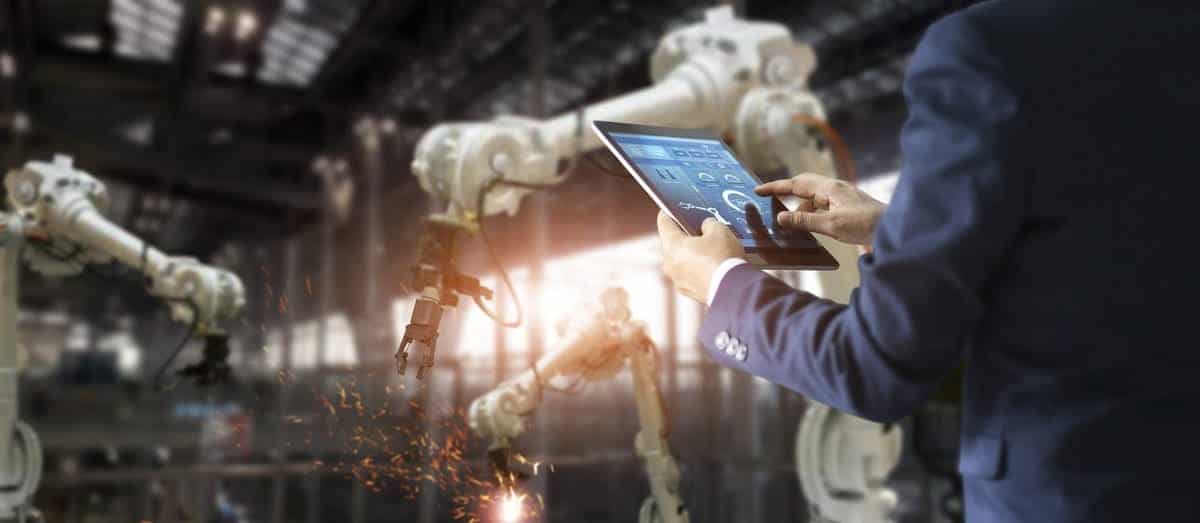When we talk about the rate at which technology is improving efficiency and taking over new job functions in the workplace, it’s tempting to ask: “Will robots take my job?”
The answer is: no, but they will change the nature of your job and the skills needed to be successful.
According to McKinsey Global Institute, as the adoption of automation and artificial intelligence continues to accelerate, the demands on the workforce will shift significantly. Instead of robot or human in the workplace, robots and humans will learn to work together to be more productive than ever. Robots will do what they do best—collect and analyze data, for example—and humans will give the “human touch” —say, determine an appropriate marketing strategy for a specific consumer target group that the robot identified.
Colorado is home to cutting-edge technology companies that are pioneering ways to use artificial intelligence and other technologies to improve business outcomes. But, even technology companies know the value of customer service, which fundamentally requires emotional intelligence from employees.
Valuable employees in the workforce of the future will need to be emotionally intelligent; connecting the dots from robot-driven data to very human consumers. Here’s how to find them, and why you should.
As our machines get smarter, so will the need for social and emotional skills.
Emotionally intelligent individuals bring a lot to the table: they are willing to delay gratification, can better tolerate conflict, focus more effectively, and are more marketable and accountable, according to the World Economic Forum.
They bring more to a company than just their technical knowledge; they contribute to company culture and success with the following values:
- Creativity. As work becomes less routine, employees will have the opportunity to be more creative. Not only do modern employees need to have the confidence to bring a new idea forward, they also need to be open to handling criticism of it.
- Adaptability. Technology changes and advances fast, requiring employees to become more comfortable with technology, while also requiring an ability to learn new platforms more quickly than ever before. Modern employees need to be able to adopt new technologies with ease and enthusiasm, understanding that new technologies will serve the employee individually and drive the success of the team.
- Goal-oriented.There is a greater demand than ever before for modern workers to deliver an ever-increasing quantity and greater quality of work product. In an environment that is pervaded with a million distracting emails, messages, and communications each day, modern employees must be able to to accomplish deliverables despite these challenges.
- Lifelong learning. Modern workers of all levels will take an active role in their own career development, honing their skills whenever they can and however they can. Modern employees who value personal and professional development for reasons beyond their next quarterly evaluation are more likely to be an asset.
Use emotional intelligence to find emotional intelligence.
Suggested Reading:
What is the key to finding these great employees? Cast a broad net throughout the hiring process, and assess for emotional intelligence and soft skills. You can do this in the interview process by asking questions such as:
- Can you describe the most challenging supervisor that you ever worked with and how did you manage it?
- What was the last project that you worked on that did not work out the way you wanted? How did you handle it?
- What are one or two things that make you angry or frustrated at work? What do you do when you get angry or frustrated at work?
When you assess for emotional intelligence, think beyond what technical skills does this person have, and instead consider how will this person use their technical skills at my company to be successful?
It is not enough for an individual to simply work well with robots, understanding the technology they work with. It is also essential that modern employees understand how to apply technology and robot-driven data to the human-world, optimizing relationships with team members and customers alike to drive organizational success.


